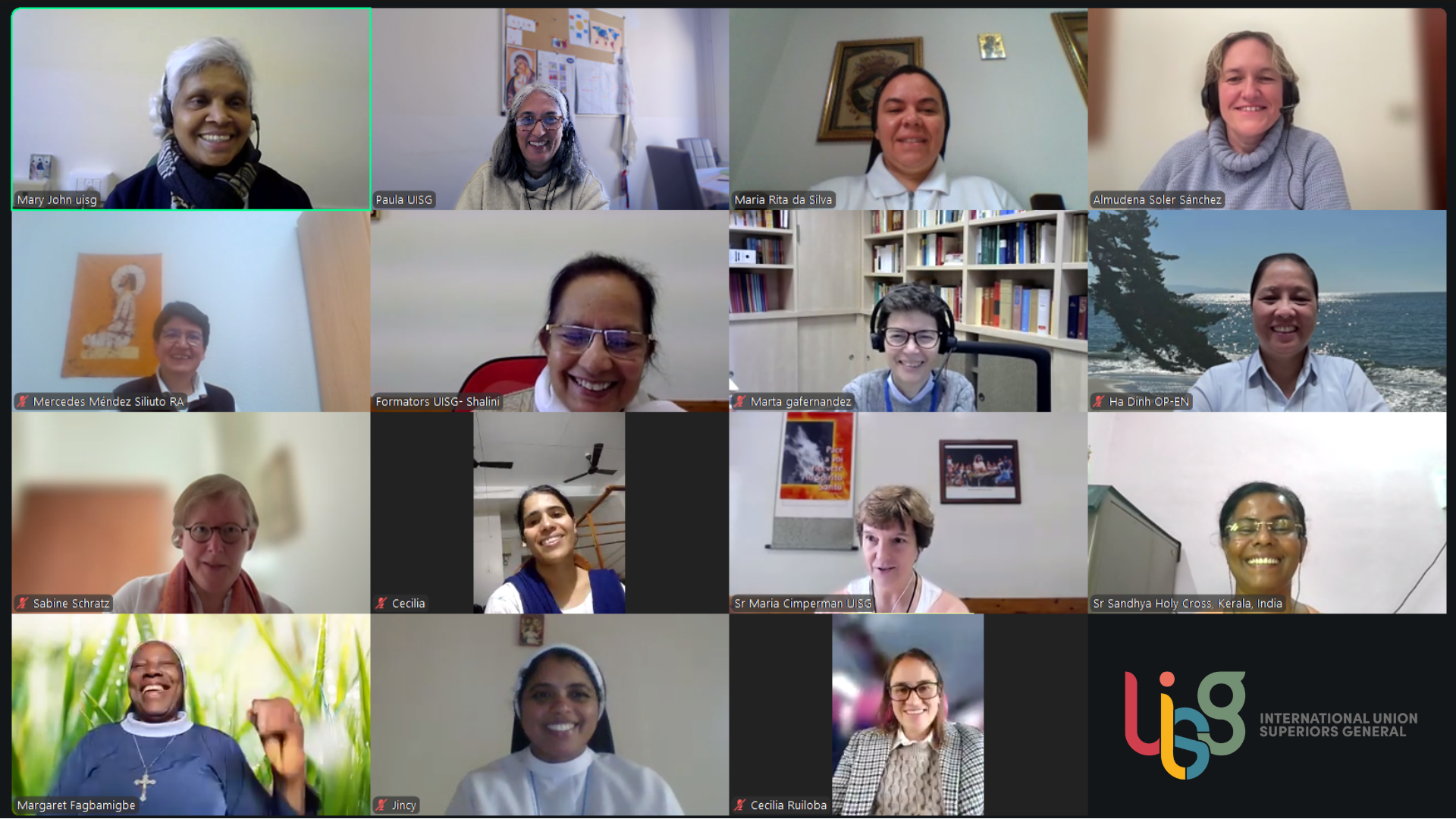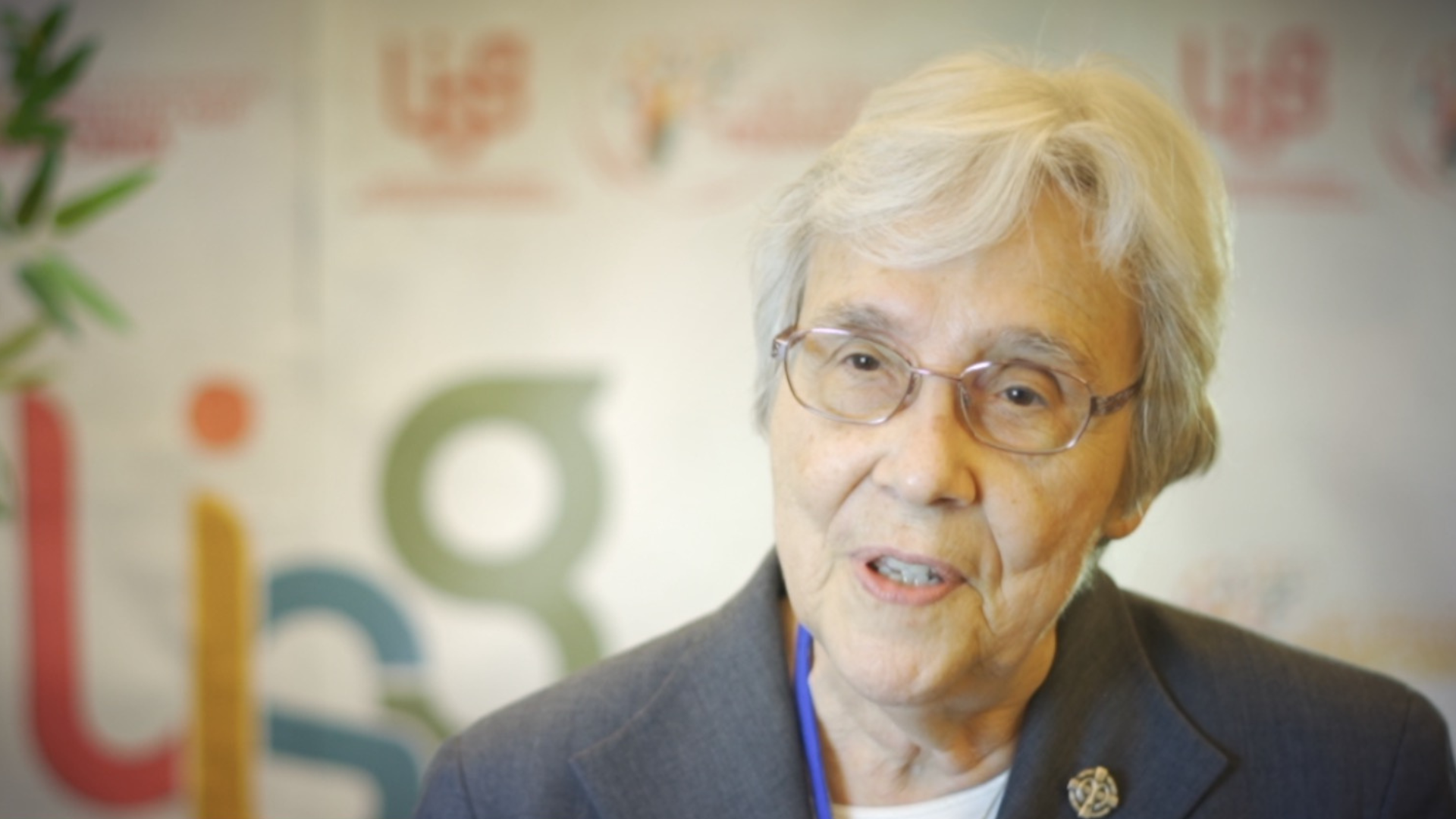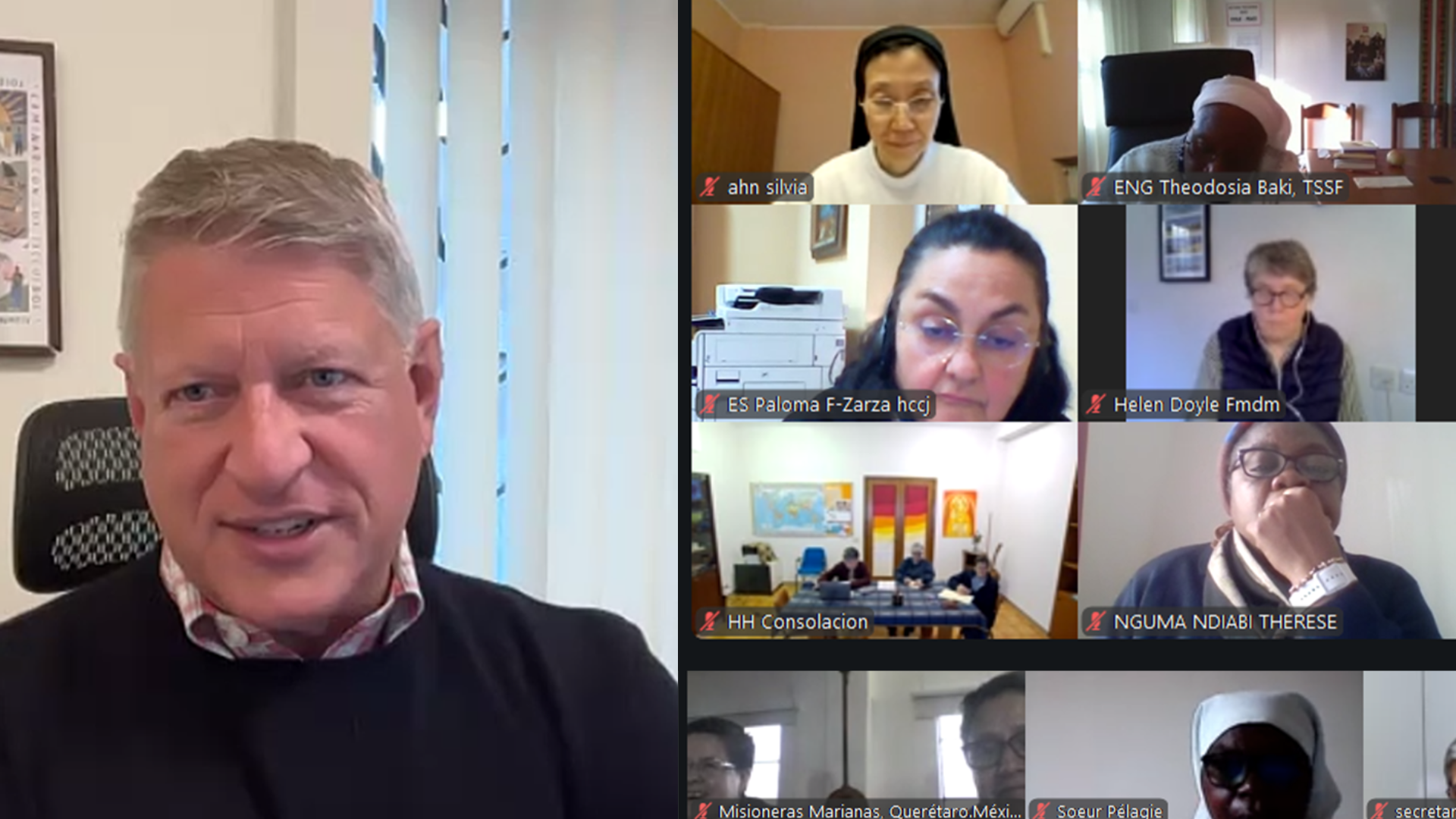
26/06/2025
News
Economic Management of Religious Institutes: A Unanimous Voice for Change
Economic Management of Religious Institutes: A Unanimous Voice for Change
Results of the USG-UISG meeting published: a strong request emerges to create an institutional forum for general bursars, along with a call for more training and joint actions.
A clear and shared request for greater collaboration, training, and common action. This is the main message that emerged from the meeting "The «good» economic management of a religious institute today," held in Rome on February 19, 2025, and promoted by the Union of Superiors General (USG) and the International Union of Superiors General (UISG).
The event saw significant participation, with over 450 superiors general and general bursars gathered both in-person at the UISG headquarters and online.
Following the presentation of a sample survey analyzed by Dr. Alessandro Pellizzari, participants were divided into 44 working groups with a specific task: to identify one or two priority economic-managerial actions to be implemented at an inter-congregational level.
The results of this collective work, presented in a video by Dr. Pellizzari, outline a clear roadmap for the future of economic management in religious institutes.
The Four Priorities that Emerged from the Meeting
From the analysis of the responses of the 44 working groups, four main priority requests emerged:
- Creation of an Institutional Forum for Dialogue (70%): The most pressing request, put forward by 31 out of 44 groups (70%), is the creation of an "official' institutional place for continuous and operational discussion among the general bursars." It is significant to note that the vast majority of these (81%) specified that such a body should be created within the single association of USG and UISG.
- Periodic Training for Bursars (41%): In second place, with 41% of the preferences (18 groups), is the need to organize "periodic meetings and training courses" specifically for bursars. During the presentation of the results, it was also emphasized that 50% of these groups explicitly requested the involvement of lay people who collaborate in the general bursars' offices in these training programs.
- Joint Action Towards External Parties (20%): 20% of the groups (9 out of 44) indicated "joint inter-congregational action towards the State, suppliers, banks, investment funds, etc." as a priority. This request highlights the desire to present a united front to have greater bargaining power and representation.
- Involvement of the Dicastery for Religious (9%): Finally, 9% of the participants (4 groups) requested a "strengthening of the involvement of the Dicastery for Institutes of Consecrated Life and Societies of Apostolic Life (DIVCSVA)" to foster dialogue and training at the general bursar level.
Next Steps
As emphasized by Dr. Pellizzari, these requests have already been forwarded to the leadership of USG and UISG to assess their feasibility and implementation methods. For their part, the two Unions have promised to take on these requests and work to create the requested meeting and training spaces.
The results of the February 19 meeting are not just an analysis, but a true mandate that the congregations have entrusted to their representative bodies, marking an important step towards an increasingly collaborative, competent, and transparent economic management.
02/07/2025
Theresa Gonzáles
Veo muy necesaria esta formación para nuestros institutos
02/07/2025
Mary Tuck
i would love to see the documentation from the workshop - unfortunately i could not attend at the time.
02/07/2025
Elodia inés Parra Hernández
Me interesa porque tenemos 64 años de fundadas y este tema es necesario. Además estamos buscando una casa en Roma para comprarla
Nouvelles connexes
 News
Mardi 27 Janvier 2026
UISG Femmes théologiennes religieuses – ensemble, on planifie le projet
Lire
News
Mardi 27 Janvier 2026
UISG Femmes théologiennes religieuses – ensemble, on planifie le projet
Lire
 News
Mercredi 21 Janvier 2026
Roxanne Schares : « Ce n’est qu’en marchant ensemble que nous pourrons vivre quelque chose de nouveau »
Lire
News
Mercredi 21 Janvier 2026
Roxanne Schares : « Ce n’est qu’en marchant ensemble que nous pourrons vivre quelque chose de nouveau »
Lire
 News
Mardi 23 Décembre 2025
Lancement du programme Leadership synodal aux racines profondes : Comment répondons à l’appel
Lire
News
Mardi 23 Décembre 2025
Lancement du programme Leadership synodal aux racines profondes : Comment répondons à l’appel
Lire
 News
Lundi 22 Décembre 2025
Noël : une espérance qui habite notre temps
Lire
News
Lundi 22 Décembre 2025
Noël : une espérance qui habite notre temps
Lire
Projets et commissions connexes

Programme de préparation des Formatrices
Apprendre plus
04/07/2025
Sr Melania Nyamukuwa
Thank you for make me participate. Its very useful and important for me